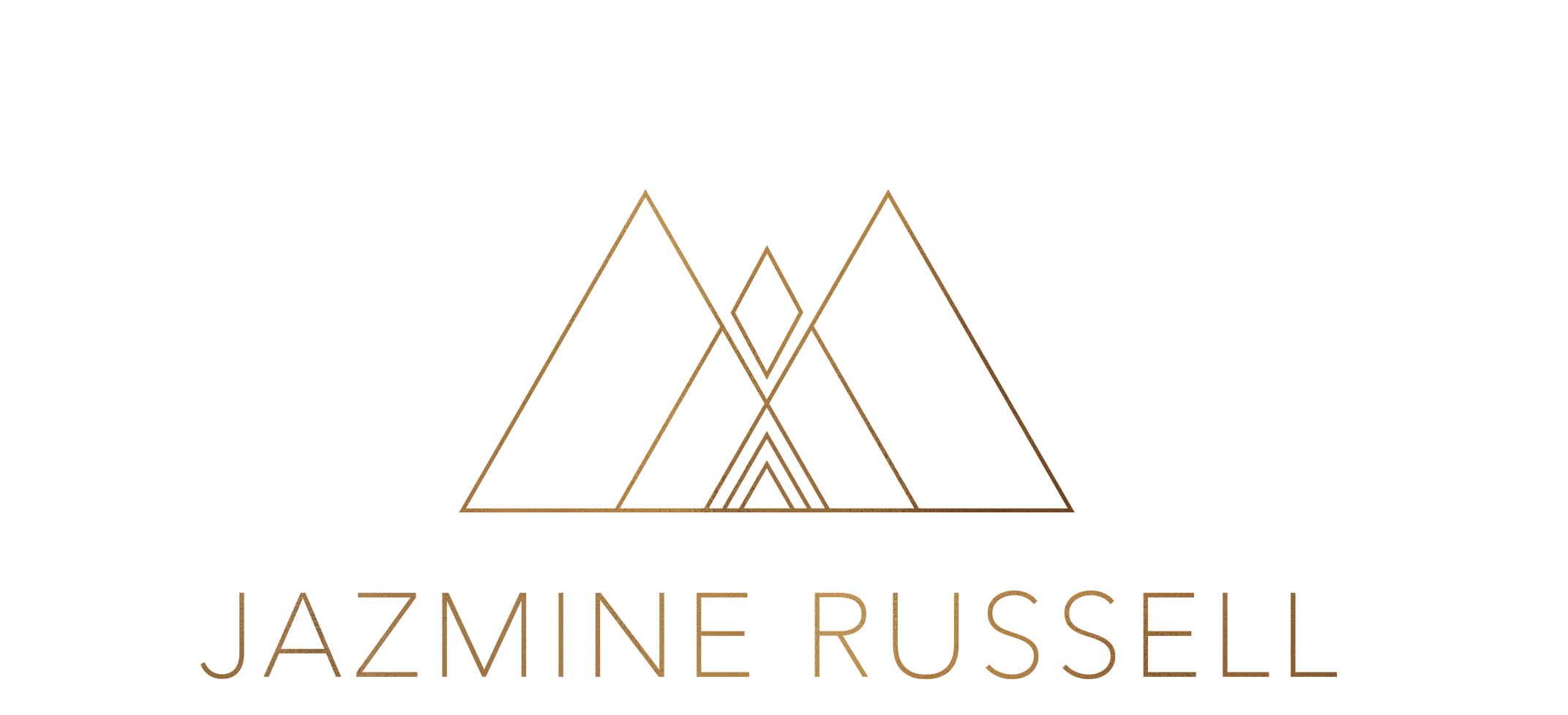Tools for Having Difficult, Emotional Conversations With a Partner or Friend
Tools for Having Difficult, Emotional Conversations
With a Partner or Friend
All good relationships are going to have conflict. It’s inevitable as we deepen our intimacy and come across difficulty together. How we handle conflict and relational challenges can mean the difference between creating a lasting bond and feeling isolated and alone. Crucial conversations are our chance to step up, take a risk, and develop more self-trust in our ability to advocate for ourselves while deepening our relationships at the same time.
Keys to Developing Great Communication Skills, Even In Conflict
The “Fools Choice”
Often in difficult situations we assume that we need to choose between silence or violence. This is called the “fool’s choice.” Silence means we don't speak up while letting more resentment pile up. Violence means let things explode and risk loosing the relationship. We don't have to choose between getting results and keeping a relationship. Instead we can speak up early and often in very empathetic ways.
Prepare for the conversation
Prepare before you dive into a dialogue. One simple way of preparing for a difficult conversation is writing a letter to get your real feelings out first. Let your inner child rage out. Then reflect on what you actually want for the relationship. What you want for the relationship doesn’t sound like: "I want them to understand...", but, rather may sound like: "I want us to really see each other", or "I’m clear that I want to end things".
Thank Them
Thank people for coming to you with relational problems, issues, and difficult emotions. When someone vocalizes to you a challenge they are having in your relationship, it means that they trust you enough to share their problems, expectations, and feelings with you. You don't want to meet that vulnerability with defensiveness, criticism, or your own insecurity. You want to hear them out even if you don't agree.
check the story
Know the story you're telling yourself about the other person. We all make up stories about what the other person's actions mean. E.g.: they don't care, they're just inconsiderate, they are doing this intentionally... etc. Check your story and then stick to facts. Ask yourself: what else could this mean?
create emotional safety
Create as much space as possible for all of your inner experiences to be on the table and to be validated. Creating emotional safety means everyone is able to contribute to the pool of meaning in the conversation. Everyone is able to share how they feel and those feelings are not going to be attacked or invalidated.
Crucial Conversations: Tools For Talking When The Stakes Are High
Crucial Conversations: Tools For Talking When The Stakes Are High is a great book to dive deeper into clear effective communication around conflict. It has really simple information, but there is so much jam-packed information that most of us don’t grow up learning.
How To Prepare for A Difficult Conversation
Ask the other person when is a good time to have the conversation.
Share your facts first, not feelings. Try to frame it by talking about events, not stories.
Share your story as a story, not as fact. You can use technique called "contrasting": list what you want and don't want for the relationship (e.g. I don’t want you to feel alienated or criticized by me. I do want us to be able to discuss things openly and honestly).
Ask for their thoughts and really listen to it. Hear them out.
Find your mutual purpose. What do you both value and what do you both agree on?
Note On Boundaries
Find more helpful content like this on my Instragram page.
Boundaries have become a big buzzword lately when it comes to communicating effectively. Boundaries are important and usually when anger or resentment shows up, often before or during a conflict, it shows we have a need to implement a boundary.
We can, however, get confused by what boundary is and what it isn’t.
When we get angry or resentful, we may want to tell the other person what they can/can't do because we feel helpless. However, using boundaries as a way to exert control over others is not an effective boundary. Boundaries start and end with you. A better way to frame a boundary is to use “I statements”. This helps to create intimacy, rather than destroy it.
At the end of the day, being vulnerable with people and authentic, sharing your needs and wants and asking for mutuality, makes us so much stronger in ourselves. But remember that how the other person responds when you do your best to create emotional safety, is their response. If it’s not the response you wanted, you can consider what that means for the future of the relationship. Either way, you gain very important information.
“Boundaries start and end with you. A better way to frame a boundary is to use “I statements”. This helps to create intimacy, rather than destroy it.”

















